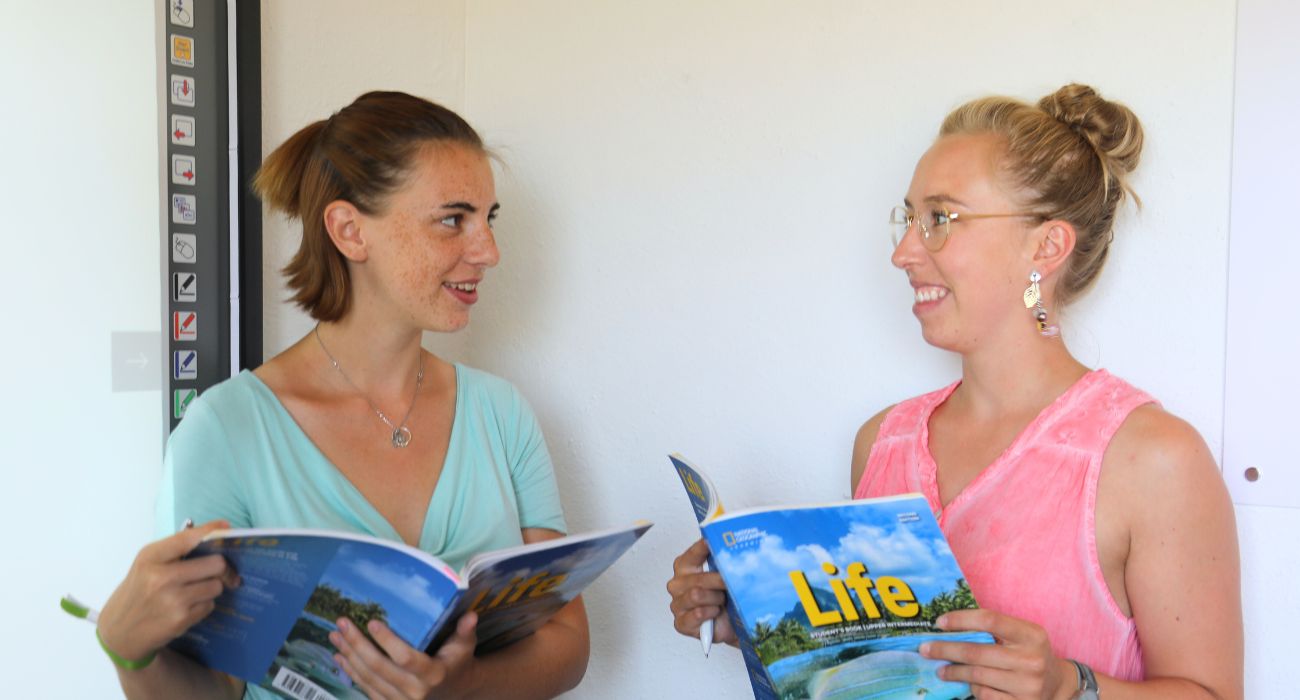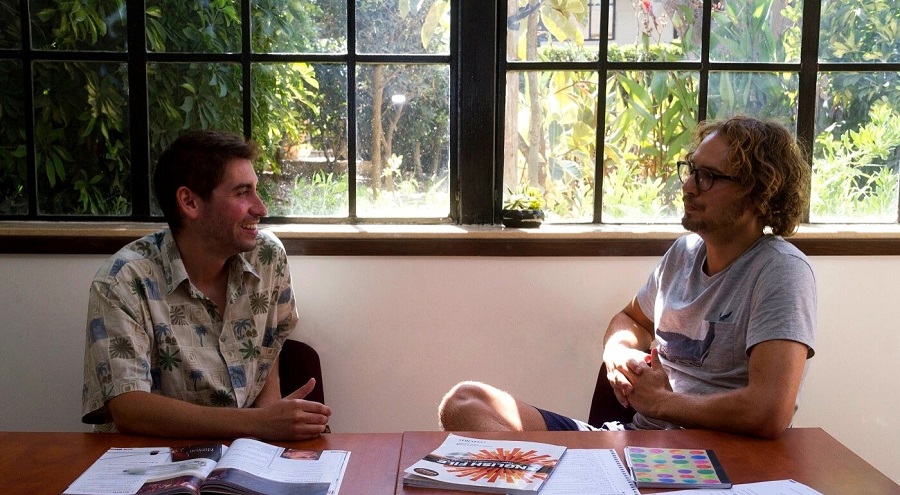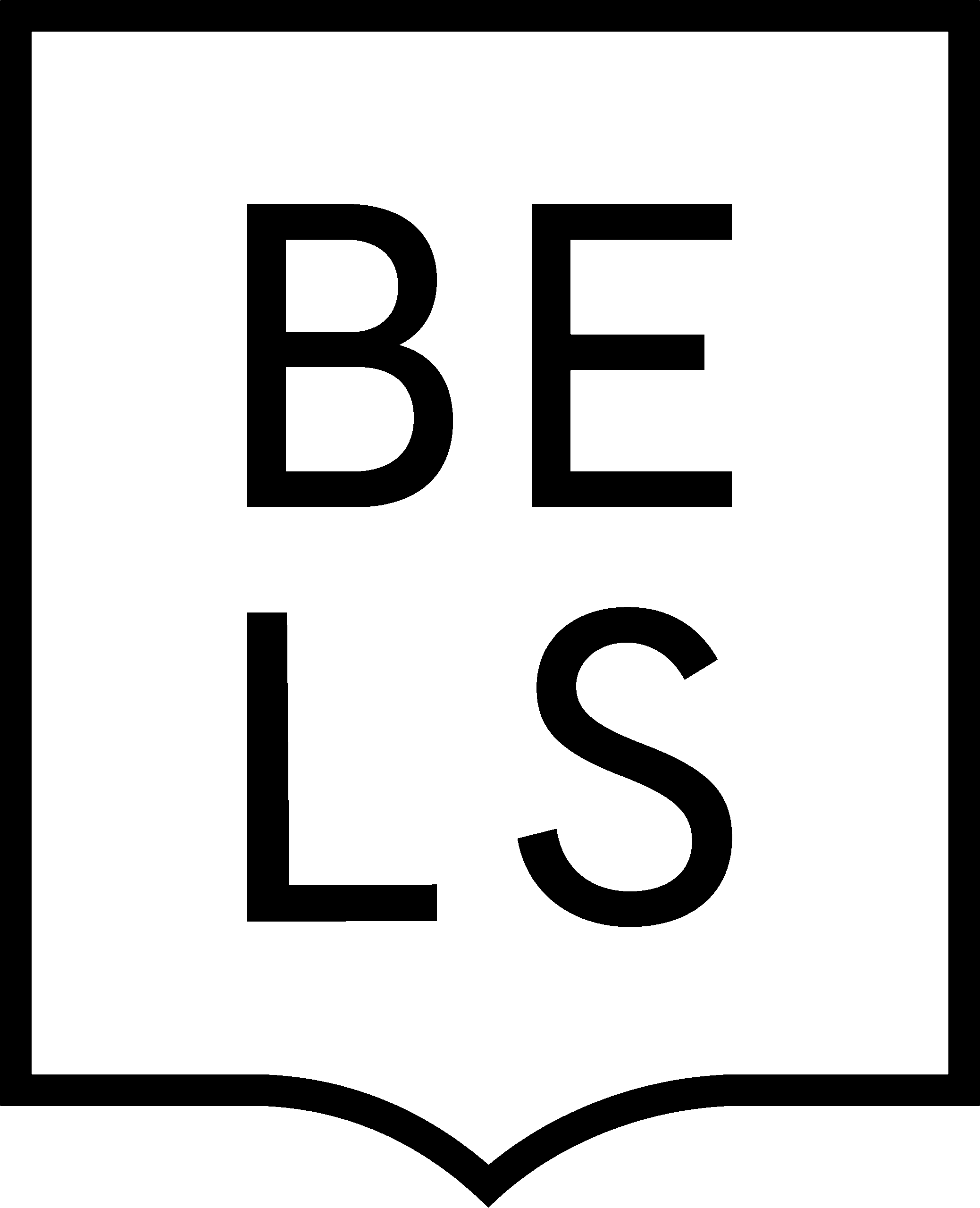How to Effectively Debate in English
Engaging in debates while learning English can be an enriching experience. It provides a platform to practice and improve language skills in a real-life context. In this blog, we will cover the basics of debates in English, introduce important vocabulary related to debates, and provide useful strategies for effective communication during debates.

Whether you are a student aiming to refine your academic abilities, a professional seeking to bolster your language proficiency, or simply someone who enjoys stimulating conversations, we offer comprehensive guidance to enhance your debating skills and boost your confidence in using English as a second language.
A debate is a formally organised argument in which two groups present their ideas about a given topic. One group is ‘for’ the topic, while the other is ‘against’ it. Think of it as a battle of ideas, with each team trying to convince the audience to agree with their stance.
Debating requires fundamental skills like organising an argument, developing research, growing confidence, and improving public speaking. You will find that these abilities can help you succeed both in and out of the professional field. You might need to defend an action at work, debate a service with a provider, or refute a family member who loves to bring up complex topics at the dinner table. Debate equips you to navigate these situations and many more, making you a more effective communicator in all facets of life.
A Step-by-Step Guide with Essential Debating Phrases in English
1. Forming an Opinion about the Topic
Every debate starts with a question, leading to a clash of viewpoints. We all have different perspectives, which makes the debate so interesting. Before getting into the debate, it’s important to distinguish between facts and emotions. Consider any biases or unfair ideas you might have about the topic, and consider these when forming your argument. Remember, you must persuade others to agree, so having an opinion based on facts rather than emotions will strengthen your argument. There are also many different phrases you can use to express your opinion. The choice of phrase depends on the context of the argument, especially if you are in a formal or informal setting.
Here are some phrases you can use to develop your unique voice when forming your opinion:
- I will argue that…
- I strongly believe…
- The main idea here is…
- The most important point is…
- I will take the view that…
- From my point of view…
2. Gathering Research
Research is essential for building a strong argument. Every debater should research the topic to gather different perspectives. Without thorough research, your argument may lack support and appear one-sided. You can use online resources, statistics, or historical anecdotes to back your claim. Gathering research will also help you feel more confident about your material. Utilizing research and external evidence will give authority to your argument and show that others share the same opinion. Researching the topic will demonstrate that your opinion is based on facts rather than emotions, lending credibility to your argument and giving listeners more reason to support your opinion over others.
Here are some useful phrases in English to use to introduce outside research into your argument:
· According to this study by…
· These statistics prove…
· It was said by…
· To quote…
· It has been proven that…
· It is well-known that…
3, Refuting an Argument
In a debate, there are two opposing sides and you must argue against the other team’s opinion. Your objective is to listen carefully and identify points that you can refute, using your own experience or research as evidence. The key is to find weaknesses in the other side’s reasoning and use them to demonstrate that your position is stronger. Explain why you disagree with their statement and support your argument with concrete evidence, such as research, facts, or personal experiences.
Use the following debate phrases in English to polish your rebuttal:
- Possibly, but…
- That’s a good point, however…
- That may have been the case once, but…
- That is not strictly true.
- I see your point, but…
- My opponent argues that…but in fact…
- My opponent states….however this data proves…
3. Asking for Clarification
Never underestimate the power of asking questions during a debate. Asking questions can help you understand your opponent’s argument, and a well-timed question gives you valuable time to gather your thoughts and construct a counter-argument. Requesting clarification demonstrates active listening and engagement, leaving others with the impression that you are invested in the discussion and genuinely interested in their viewpoint. You can also paraphrase your understanding of their argument, giving the other party the opportunity to agree with or refute your interpretation.
Here are some useful debate phrases in English for seeking clarification:
- Would you repeat that please?
- Can you be more specific?
- Are you saying that…?
- Would it be fair to say you believe…
- What do you mean?
- Can you say that again?
4. Summarising
At the end of the debate, it’s important to have a strong conclusion summarising your argument’s major points. You should briefly restate your points and consider including a new research or statistic. Acknowledging the other team’s points and politely explaining why you refuted them is also important. Remember, your goal is to discredit the arguments made by the other side, so your summary should take the time to counter their main points. You might also end with a personal story or anecdote related to the argument being made, as this will leave a lasting impression on the audience and show that you are connected to the discussion.
To formulate your summary in English, use these phrases as your secret weapons:
- To recap the main points are…
- Our opponents have claimed that…
- For these reasons…
- This debate pointed out that…
- My argument asserts that…
- The evidence shows…
Build your Debate Skills in the Classroom with BELS
Are you ready to improve your English debating skills? Join a course at BELS, and we will help you become a confident debater. Our friendly teachers will guide you to debating like a pro in the classroom. You’ll also have the opportunity to make new friends, improve your English, and explore the beautiful island of Malta. Contact us at [email protected] to learn more.
Personalised Debating Courses
Master debating with one-to-one specialised course at BELS. Available online or at our schools.
Learn More


